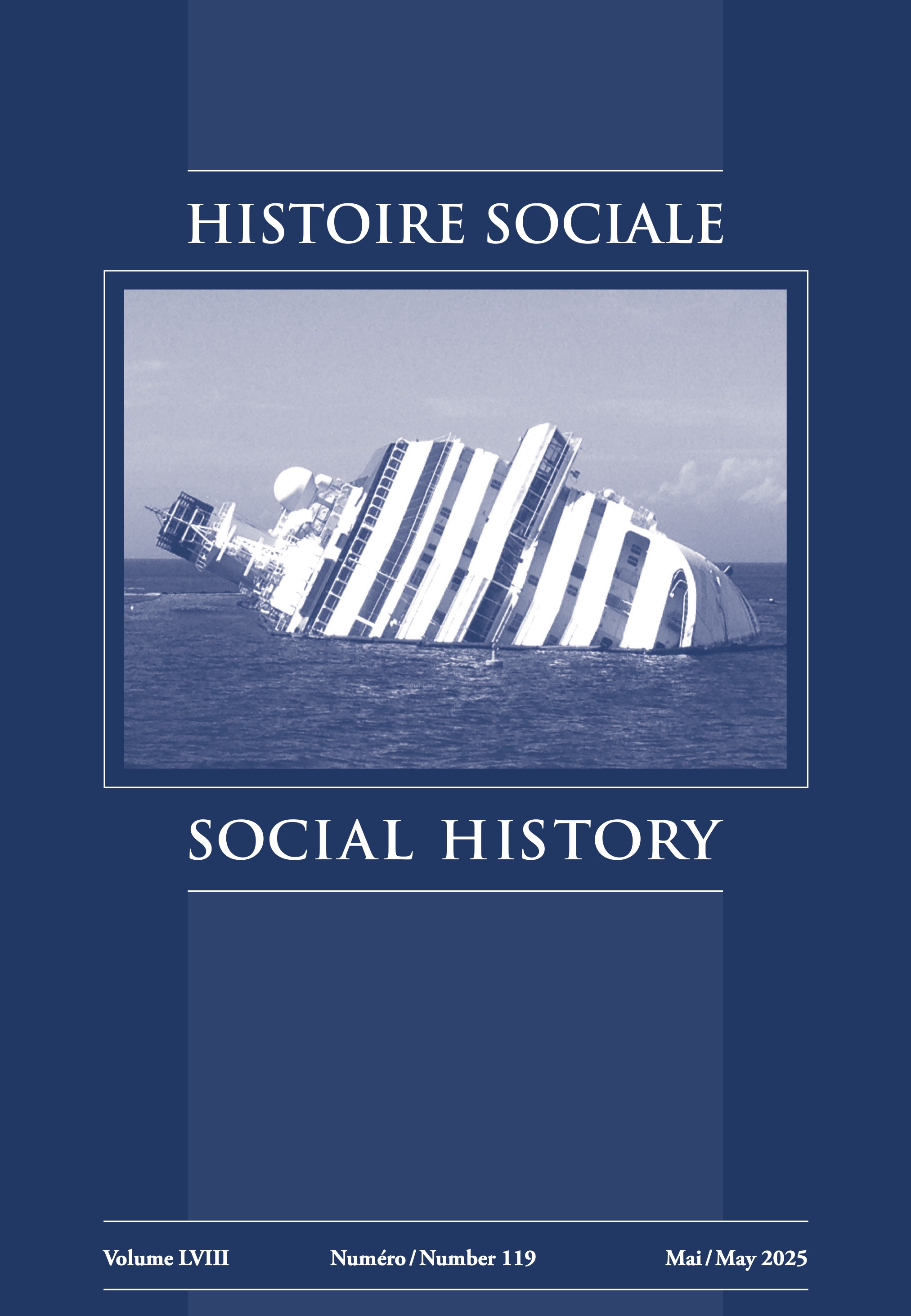Imaginaries of Lifeboating in the BBC Series Saving Lives at Sea: Narrative and Visual Constructions of Danger and Heroism in Historical Perspective
Abstract
Since 2016, the BBC has broadcast nine seasons of the documentary series Saving Lives at Sea, which follows the volunteers of the Royal National Lifeboat Institution (RNLI). That institution, founded in 1824, is charged with saving lives at sea in the UK and Ireland. Representations of lifesaving at sea in Saving Lives at Sea are an opportunity to examine the ways in which the imaginaries of danger and heroism present in the series interact with the history of the institution. The imaginaries of lifesaving at sea operate both by integrating themselves in the founding imaginary of the RNLI and by broadening its scope. The institution, through a process of bricolage, uses and adapts to a wide variety of new activities a founding imaginary that is an important source of legitimacy and meaning. The central element of the RNLI’s imaginary functions by integrating the variety of situations encountered by lifeboat crews at sea into the shared situation type of lifesaving at sea.
Downloads
Published
Versions
- 2025-10-08 (2)
- 2025-09-29 (1)


